Several treatment options are available, including medications, shampoos and allergy shots. Ask your vet about the best course of treatment.
- Wash your dog's bedding weekly in hot, soapy water and dry on a hot dryer cycle to kill dust mites.
- Vacuum soft surfaces, such as carpeting and couches, often/weekly.
- If possible use hardwood of linoleum flooring and washable area rugs.
- Use a vacuum cleaner with a high-efficiency air filter
- If possible use air conditioning rather than open windows during pollen season.
- Give your dog hard, washable chew toys rather than plush toys.
- If plush toys are the favorite, wash them weekly in hot and soapy water. Rinse and dry well.
- Use dehumidifiers to prevent mold in damp spots such as bathrooms and kitchens.
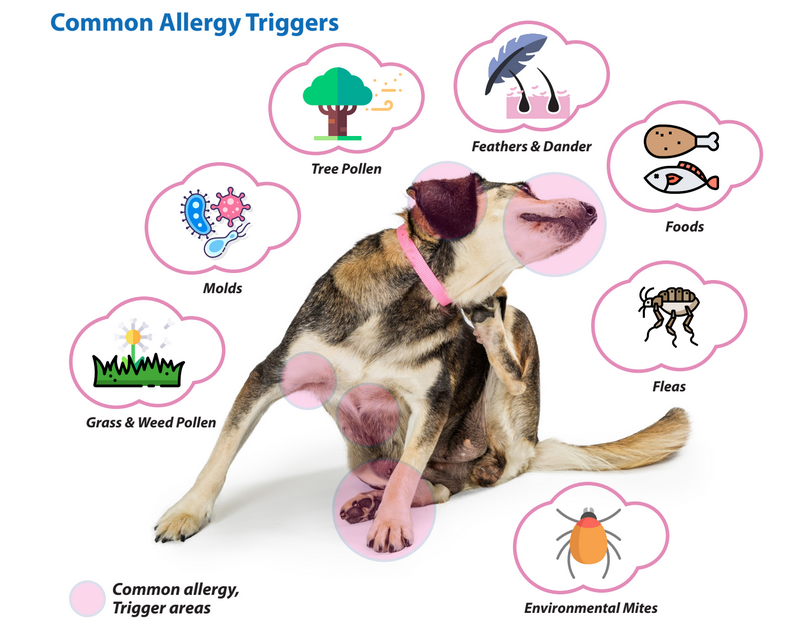

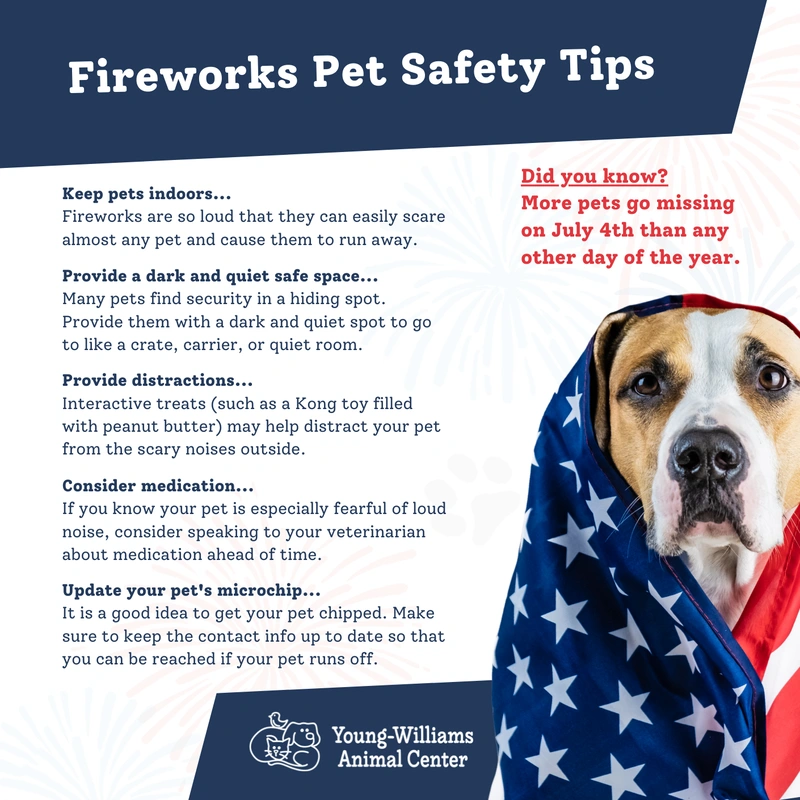

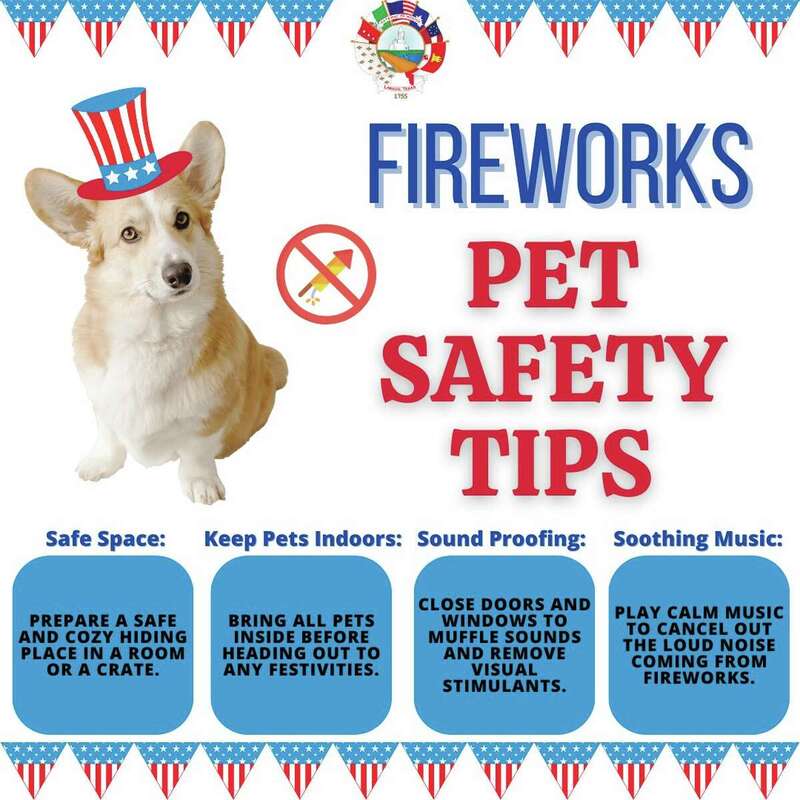
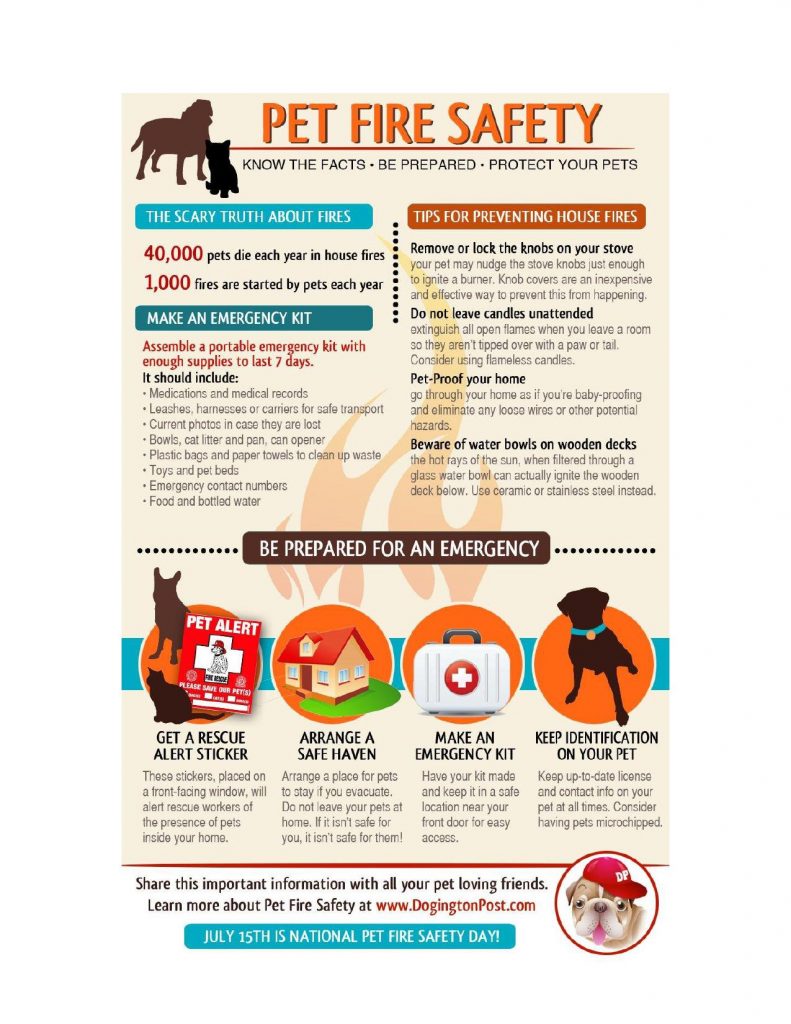
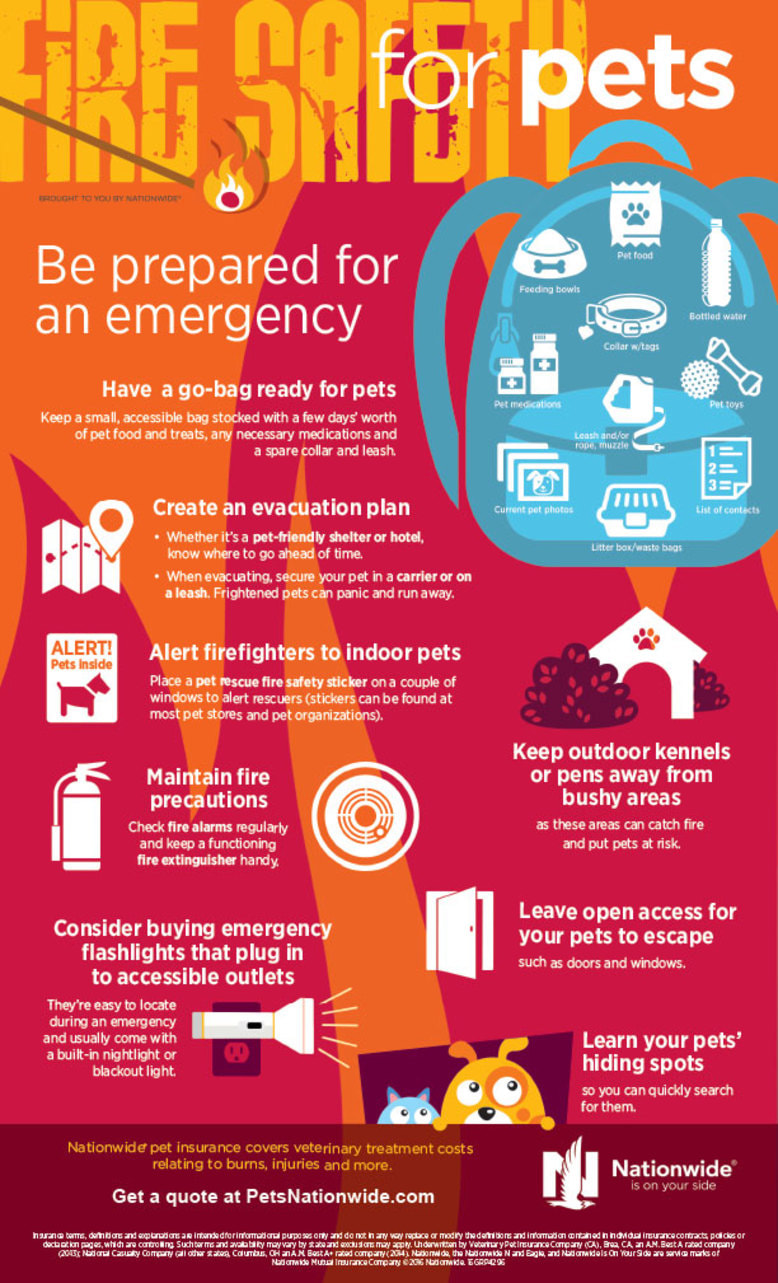
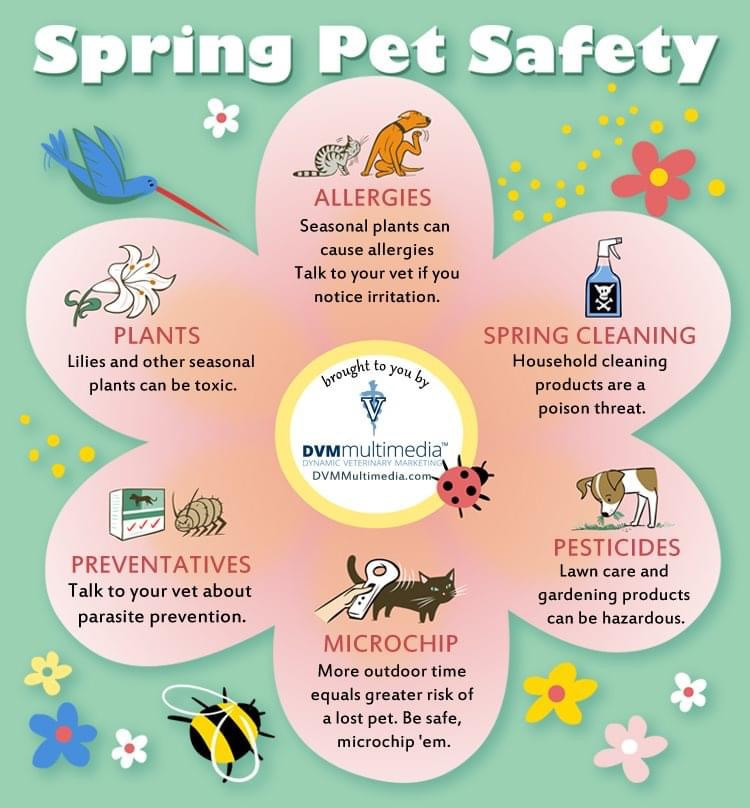
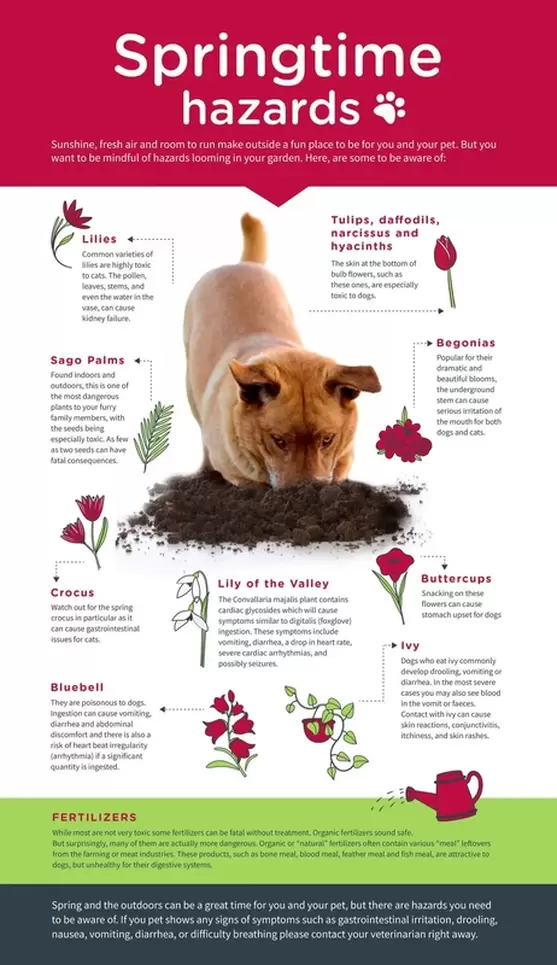
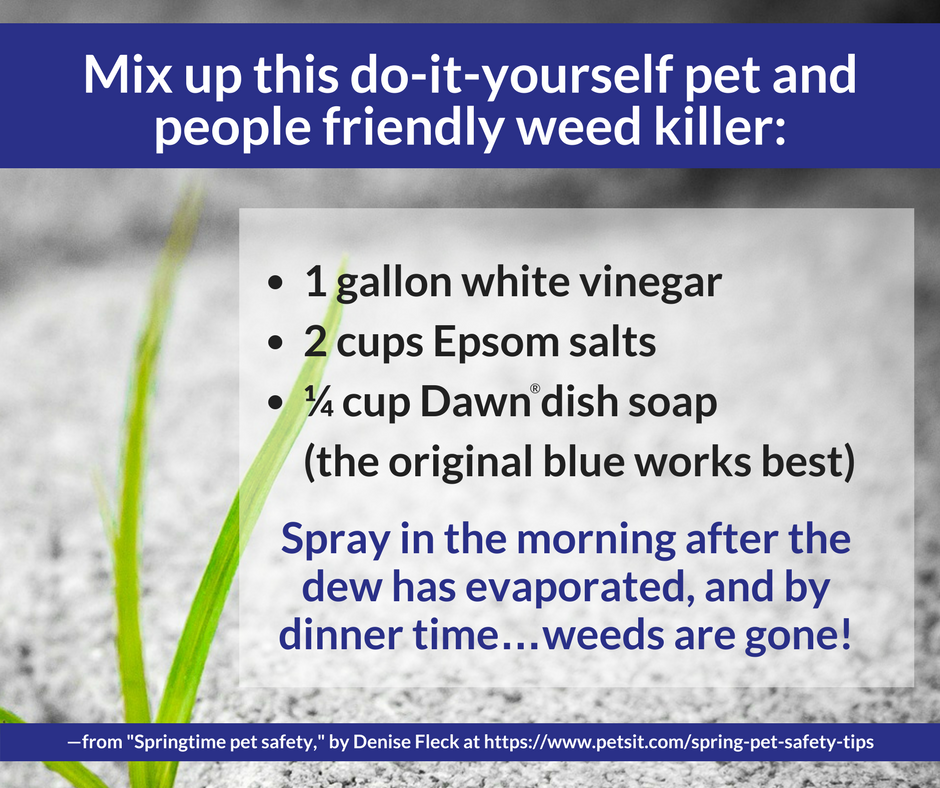
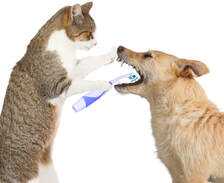
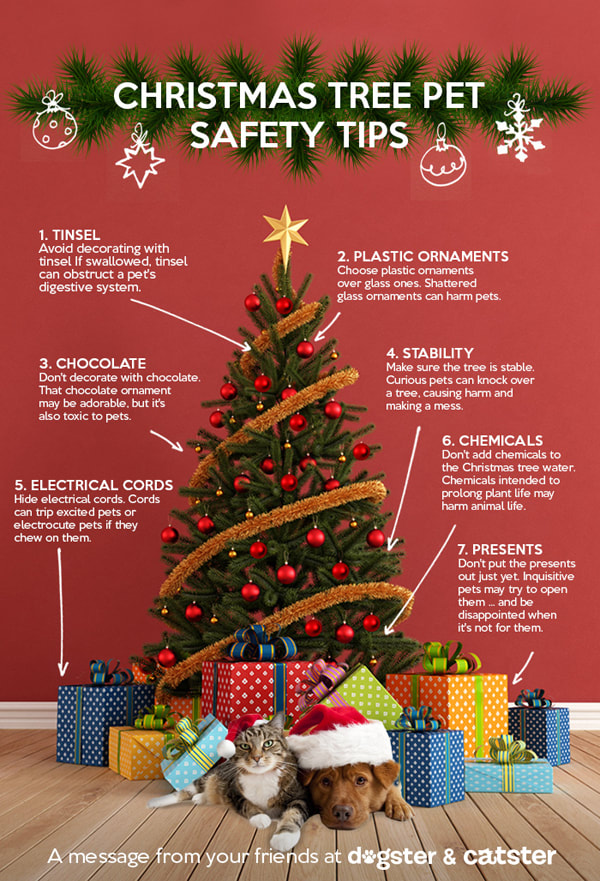
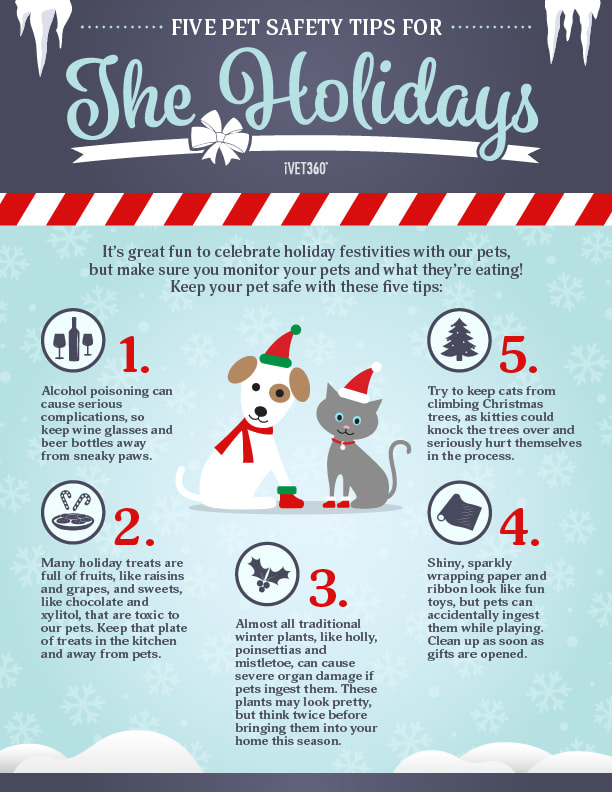
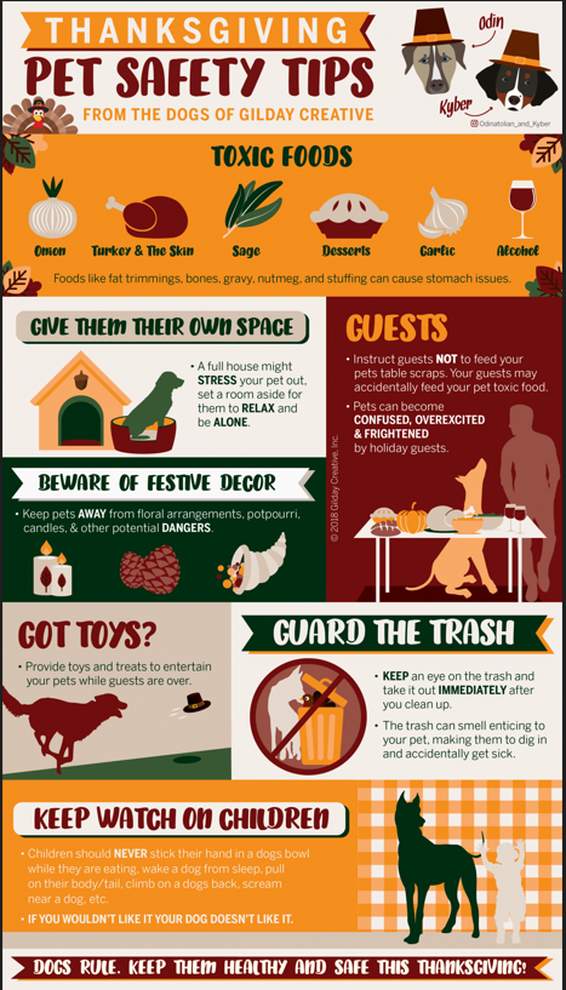


 RSS Feed
RSS Feed
